404
This page doesn't exist!
Sorry, the page you are looking for could not be found.
All Products
(Showing 1 - 7 out of 7 products)
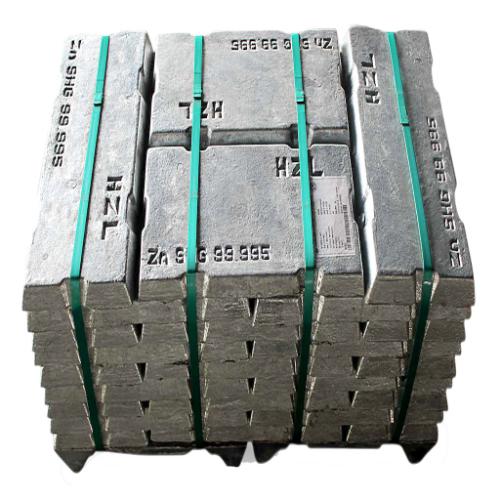
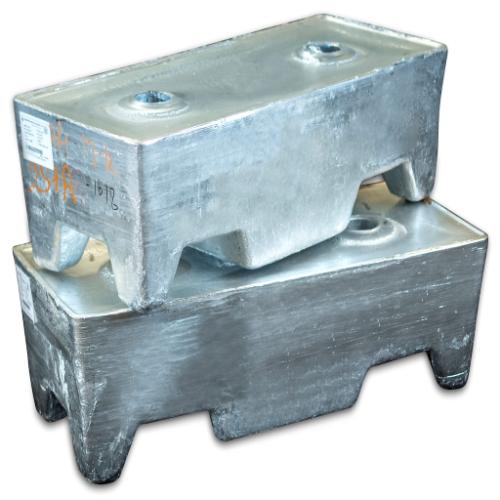
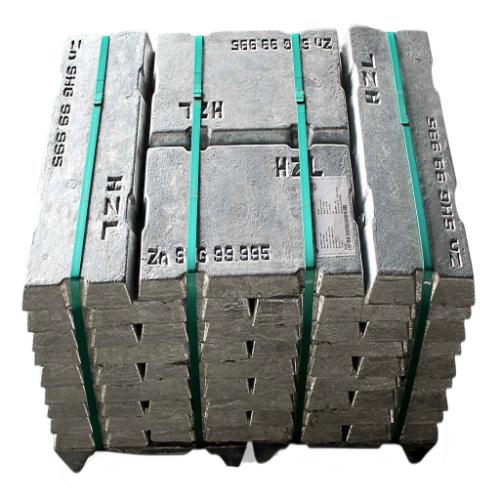

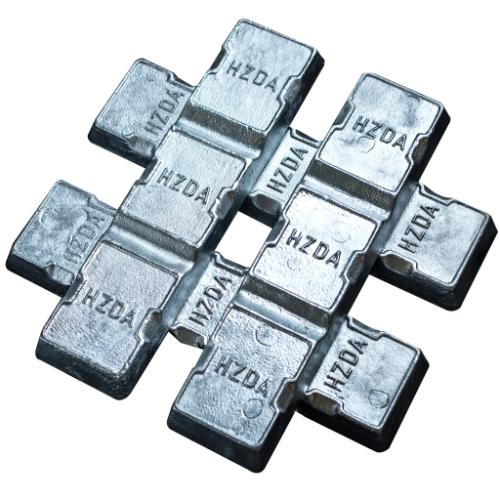
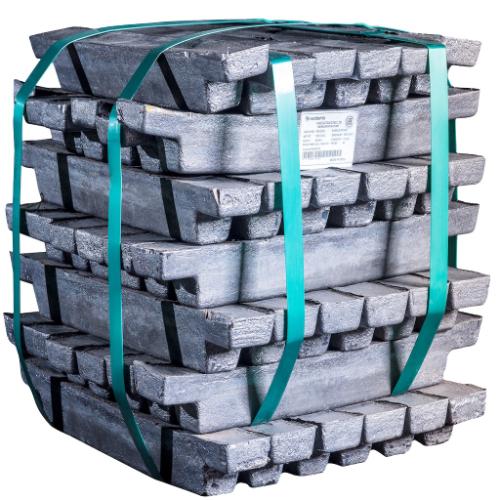

17-Nov-2025 10:23:34 AM PDF Size 10 KB
Zinc is a vital industrial metal known for its corrosion resistance, malleability, and versatility. It is widely used in various industries, including construction, automotive, electronics, and healthcare. Zinc is often utilized in its pure form or as part of alloys to enhance its properties for specific applications. This article explores zinc metal in detail, with a focus on zinc alloy ingots and the factors influencing zinc metal sheet prices.
Zinc (Zn) is a bluish-white, lustrous metal with an atomic number of 30. It is a transition metal that is relatively soft, has a low melting point (419.5°C or 787.1°F), and is highly resistant to corrosion. Zinc forms a protective layer of zinc carbonate when exposed to air, making it ideal for galvanizing steel and iron to prevent rusting.
Zinc alloy ingots are solid blocks of zinc combined with other metals, such as aluminum, copper, and magnesium, to enhance specific properties like strength, hardness, and castability. These ingots are widely used in die-casting and manufacturing processes.
The price of zinc metal sheets is influenced by several factors, including global zinc prices, production costs, market demand, and geopolitical conditions. Understanding these factors can help businesses and consumers make informed decisions when purchasing zinc sheets.
Zinc is typically available in various grades, such as SHG (Special High Grade) zinc, HG (High Grade) zinc, and other specialized grades. The choice of grade depends on the intended application and purity requirements.
Zinc metal is commonly available in forms such as ingots, sheets, coils, rods, and powders. The form you choose depends on your specific application and manufacturing processes.
Consider factors like purity, corrosion resistance, strength, and formability based on the specific requirements of your application. Different grades may have varying properties suitable for different purposes.
Zinc metal can be purchased from metal suppliers, distributors, manufacturers, and online platforms. It's crucial to choose a reliable supplier with a reputation for delivering high-quality zinc products.
Zinc prices are influenced by factors such as market demand, global economic conditions, production costs, and currency fluctuations. The London Metal Exchange (LME) is a common platform where zinc prices are established based on market dynamics.
Zinc is used in various industries, including galvanizing steel to prevent corrosion, alloying with other metals (such as brass), die-casting for manufacturing, and as a component in batteries. Understanding your specific application will help determine the type of zinc needed.
Zinc is a recyclable material, and purchasing recycled zinc or products made from recycled zinc can contribute to sustainability efforts. Additionally, inquire about the supplier's environmental practices and certifications.
Consider factors like packaging, transportation methods, shipping costs, and delivery time. Adequate handling procedures should be in place to prevent damage or contamination during transit.
Many suppliers offer custom processing services such as cutting, shaping, and coating to meet specific project requirements. Inquire about customization options based on your application needs.
Yes, one of the primary applications of zinc is as a coating for steel through a process called galvanization. This helps protect the steel from corrosion, extending its lifespan.
Depending on your location and industry, there may be regulations and standards governing the purchase, use, and handling of zinc. Ensure compliance with relevant guidelines to meet safety and environmental requirements. These FAQs should provide a foundation for understanding the key considerations when buying zinc metal and help you make informed decisions based on your specific needs.
Lead metal is typically available in various forms, including lead ingots, sheets, pipes, rods, and shot. The form you choose depends on your specific application and manufacturing processes.
Consider factors such as purity, density, malleability, and corrosion resistance based on the specific requirements of your application. Different grades of lead may have varying properties suited for different purposes.
Lead metal can be purchased from metal suppliers, distributors, manufacturers, and online platforms. It's important to choose a reputable supplier with a track record of delivering high-quality lead products.
Lead prices are influenced by factors such as market demand, global economic conditions, production costs, and currency fluctuations. Pricing may also vary based on the purity and form of the lead metal.
Lead is used in various industries and applications, including batteries, radiation shielding, construction materials, ammunition, soldering, and weights. Understanding your specific application will help determine the type of lead needed.
Lead is a toxic material, and environmental considerations are crucial when purchasing and handling lead. Ensure compliance with regulations related to lead disposal, recycling, and environmental safety.
Consider factors such as packaging, transportation methods, shipping costs, and delivery time. Proper handling procedures should be followed to prevent exposure to lead and ensure safe transport.
Many suppliers offer custom processing services such as cutting, shaping, and alloying to meet specific project requirements. Inquire about customization options based on your application needs.
Lead is subject to various regulations and standards governing its purchase, use, and handling due to its toxicity. Ensure compliance with relevant guidelines to protect human health and the environment.
Safety precautions when handling lead include wearing appropriate personal protective equipment (PPE), such as gloves and respirators, avoiding ingestion or inhalation of lead dust or fumes, and implementing proper ventilation and hygiene practices.
Yes, lead is highly recyclable, and recycling lead helps reduce environmental impact and conserve natural resources. Many lead products, such as lead-acid batteries, are commonly recycled. These FAQs should provide a foundation for understanding the key considerations when buying lead metal and help you make informed decisions based on your specific needs and requirements.